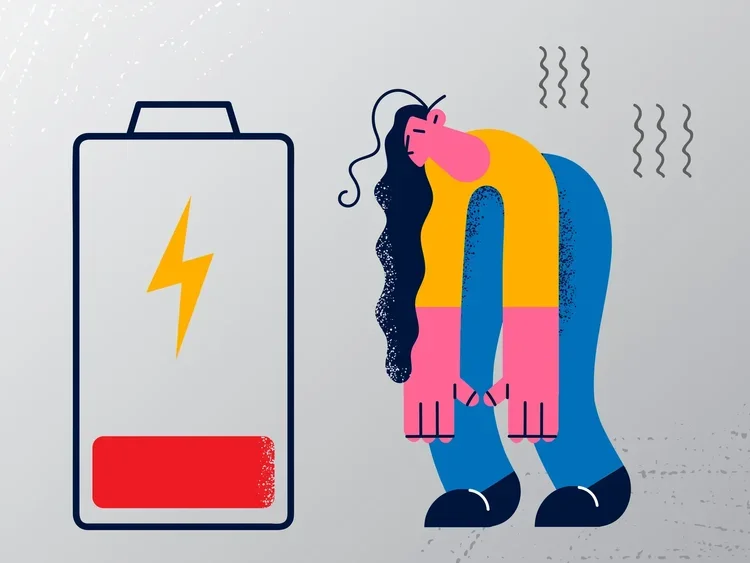6 Tips to Manage Workplace Stress
Any job can be stressful, even a job that we enjoy. Having a strong work ethic and working hard is important, but it is even more important to not work yourself too hard for too long that you reach the point of burnout and overwhelm. Reaching this point can take a toll on both your physical and mental health. While we cannot avoid workplace stress altogether, we can take steps to manage it, and this post does just that. Below are some helpful tips on how to manage stress in the workplace.
Turn larger tasks into smaller, more manageable tasks - when a task appears too overwhelming or requires a large amount of steps, see if it is possible to break that task down into smaller tasks. Complete one or two steps, depending on how much time it takes to complete those steps, take a break, complete another step or two, take a break, and repeat the process until the task is completed. Breaking larger tasks into small, more manageable tasks can help prevent overwhelm.
Take breaks - breaks are so important for productivity and decreasing stress. Do not fear that taking breaks will put you behind, as this cannot be further from the truth. Humans are not machines that can work all day without exhaustion. Even short, five or ten-minute breaks and stepping away from your workspace can be helpful. When feelings of overwhelm creep in, then it is time for a break. Take a walk, journal, read, eat a healthy snack, and engage in activities to help you unwind; these breaks will allow you to return to your tasks feeling much more productive.
Plan ahead - the night before work, it can be helpful to write down what you need to do the next day at work, so you know what to focus on. Writing down your tasks can also help you prioritize them, so you get the more important tasks completed first. This can also help you manage your time better, so you can dedicate a certain amount of time to each project. Finish projects with the earliest deadlines first, then move on to the next. Set realistic deadlines for yourself; not everything needs to be completed right then and there. Planning ahead will help you stay organized in your tasks and prevent overwhelm.
Set boundaries - setting boundaries in the workplace can mean different things. It can mean politely declining additional projects if you already have quite a bit on your plate and cannot take on more tasks. It can also mean "leaving work at work." When the workday ends, try not to think about the day or what you need to do in the future. Also avoid answering work texts or emails outside of work hours if possible. For example, it can be helpful to silence notifications from work texts after you clock out.
Communicate with your supervisor - when you notice that things are getting too much, talk to your supervisor to see if they can help. Communicating your needs and what is stressing you out can be difficult, but it is a vital step in reducing workplace stress.
Keep track of what is stressing you out - if you can pinpoint exactly what is stressing you out, then it is easier to come up with potential solutions to help manage those stressors. A therapist can also give you tips on how to manage your stressors. Knowing what your stressors are can also help you communicate how you feel with your supervisor, so they have a better idea of what is happening.
References




